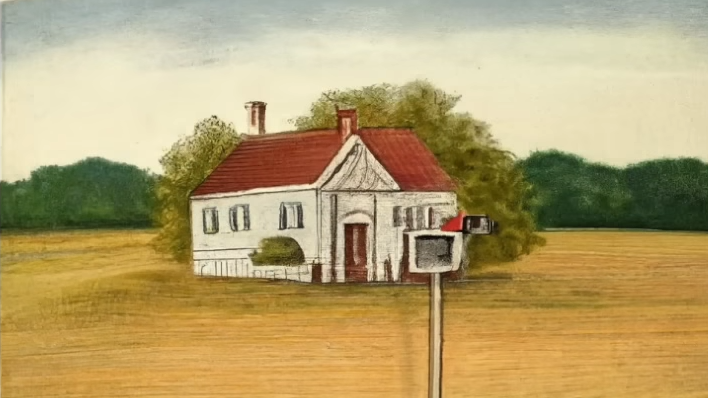Zork, the classic text adventure of the 1970s, will get improved graphics from Google AI

Zork is a 1977 text adventure developed by Tim Anderson, Marc Blank, Bruce Daniels and Dave Lebling. Initially, it was released for the PDP-10 mainframe, and later as a commercial product for PC. The game became a starting point for the American company Infocom, which is now engaged in the release of various software.
Of course, it was not the world's first text adventure, but its complexity was much higher than anything that had been released before. The text parser was designed so that players could input "natural" language, and the game interpreted these commands and acted as a kind of narrator or dungeon master, explaining what happened and the current situation/place.
"Some adventure game fans at Google wondered what would happen if you used the output of the classic text adventure game 'Zork' as input to Imagen, Google's text-to-picture model," writes Google Principal Engineer Matt Walsh, "To confirm the results we wanted to see, we made some additions to Zork itself, which was an exciting journey through a mysterious language and a lost chain of tools."
The game features a text description of the player's adventures, which is used as clues for the Imagen imaging tool. However, it's not that simple, and the team had to work on how the game presents information and how artificial intelligence interprets it.
However, the most surprising thing about it is that Imagen is able to generate a wide range of artistic styles. An example shown in the video is a white house depicted in a variety of ways, from Rembrandt pastiche to mosaic to pencil drawing. The various other locations shown also vary in style from photorealistic to impressionistic.
This is a vivid example of how the new pays tribute to the old. No one knows what we will come to with these artificial intelligence tools, but using them to breathe some life into the interactive past surely seems like one of the most gentle uses.
Source: PC Gamer